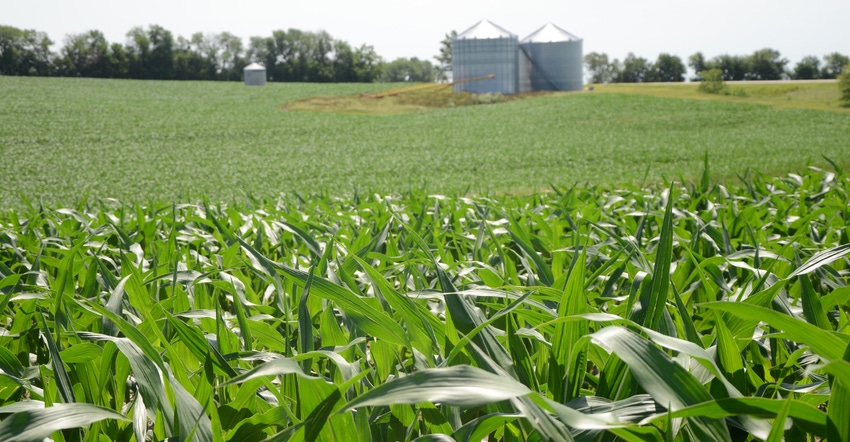July 2, 2020

Many Americans cherish the bucolic dream of someday owning their own family farm. And the good news is investors large and small can profit from farmland.
That's because while large patches of prime farmland often get into the millions-of-dollars range, investors with more limited means can purchase their first small tracts of land for less than $250,000.
Benefits of investing in farmland
Many things drive investors to farmland, not the least of which is they often are looking to diversify their portfolio by adding very secure hard assets.
As a hard asset, farmland is a natural hedge against stock market volatility. Farmland not only creates wealth through appreciation, but it also yields rental income. The "cash rent" as a percentage of land value can be expected to be anywhere between 5% and 7%. Essentially, farmland offers safety for now and for retirement.
Second, farmland is a real asset. You can touch it, walk on it and enjoy it. This means farmland can be passed from one generation to the next, which gives investors the unique opportunity to begin a family legacy.
Third, the IRS allows deductions on a great many depreciable assets. Property taxes can be deducted, as well. Farmland also can be used in a 1031 exchange. And if that's not yet enough, the mortgage interest payment is tax deductible.
Increasing tailwinds from spiking commodity prices
We already mentioned that the two components of farmland value are appreciation and rental income, which vary greatly across the country — there really is no comparing between Kansas wheat farms and Mississippi Delta cotton farms. Improved farms are worth more than unimproved ones, for obvious reasons. However, they also will come with higher returns.
Assessing property value and expected rental income while considering their own unique circumstances can be a daunting task for any investor. A broker will be able to provide guidance through this process, so unpleasant surprises are avoided.
So, will farmland continue to appreciate because of the effects of the COVID-19 crisis? Farmland tends to appreciate over time, and now is no exception. Commodity prices are an important piece of the puzzle to understand why that is the case.
Let's take a look back at the last time we were hit with a severe crisis. The world food commodity price index rose 60% in the years that followed the 2008 financial crisis (between December 2008 and April 2011, to be precise).
When commodity prices go up, land values go up, since more people will want to own farmland. When we look at the numbers for the "average farm real estate value" for the entire U.S. for the period from 2005-19, we see for this very reason a steady climb from $2,090 per acre in 2009 to no less than $2,940 per acre in 2014. This accounts for a 41% increase over five years.
Cash rent also goes up when commodity prices rise. Rental rates rallied as commodity prices went up in the years after 2008, making the national rental rate for cropland peak at $144 per acre in 2015, while it had been less than $90 in 2008. If and when commodity prices surge once more in the years to come, farmland investors will stand to profit as they have in the past.
In these uncertain times, farmland continues to serve as a secure long-term investment with plenty of financial benefits, the opportunity to enjoy the land that was acquired, and the chance to create a family legacy.
Jeramy Stephens is partner and land broker with National Land Realty, licensed in Arkansas, Louisiana, Mississippi, Oklahoma and Tennessee and based out of its Little Rock office. Ryan Schroeter is a land broker with NLR licensed in Iowa and Nebraska and based out of its Omaha office.
Source: National Land Realty, which is solely responsible for the information provided and is wholly owned by the source. Informa Business Media and all its subsidiaries are not responsible for any of the content contained in this information asset.
Read more about:
Covid 19You May Also Like




